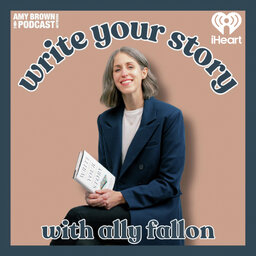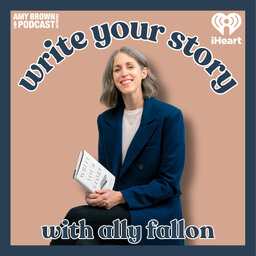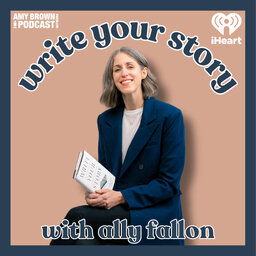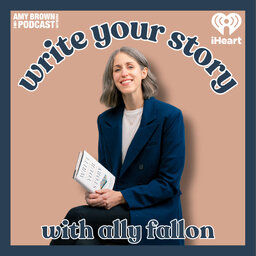Don’t Get Duped by This Publishing Scam
I heard recently about a publishing scam that would be hard to detect by an average consumer and that preys on the vulnerabilities of new, hopeful authors. And yet with just a little bit of publishing context you can arm yourself with enough information to sniff out the fakers and find a publishing path that works for you.
I hope this episode finds you before the scammers do!
Host: Ally Fallon // @allyfallon // allisonfallon.com
 Write Your Story with Ally Fallon
Write Your Story with Ally Fallon


